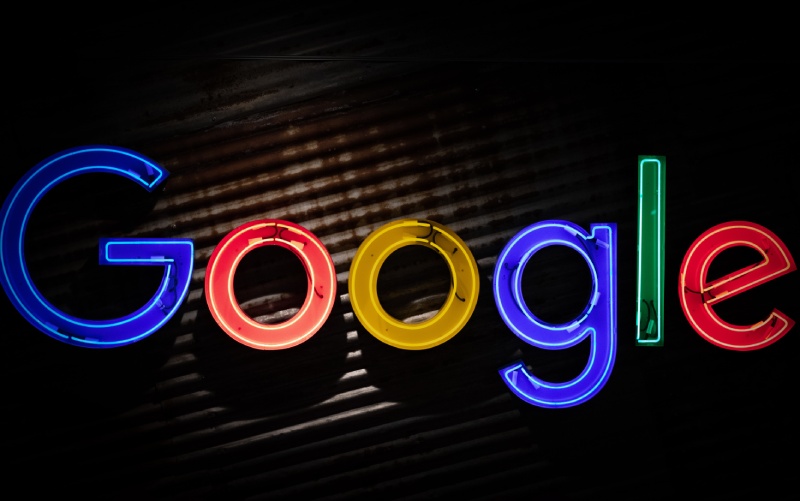AI model Gemini 2.0 unveiled by Google promises faster, smarter virtual agents

Google has unveiled Gemini 2.0, its advanced artificial intelligence model, promising performance twice as fast as its predecessor and designed to assist users across various tasks. This new model integrates capabilities such as image and audio generation in multiple languages, enhancing experiences in Google Search and coding projects. Tulsee Doshi, Google’s Director of Product Management, highlighted the potential of Gemini 2.0 to enable virtual agents that can think, plan, and act on behalf of users, marking a significant step in AI evolution.
The release underscores Google’s efforts to maintain its dominance in search and advertising amidst rising competition from OpenAI and similar startups. Both companies aim to develop artificial general intelligence, software capable of rivaling human performance across tasks. Koray Kavukcuoglu, CTO of Google DeepMind, emphasized the importance of addressing the right challenges on the path to achieving this goal.
Google is integrating Gemini 2.0 into its search engine to enhance its AI-powered summaries for complex queries, improving both speed and accuracy. The company has also made an experimental version, Gemini 2.0 Flash, available to developers, capable of better image processing and reasoning. Additionally, a new “deep research” feature, debuting under Gemini Advanced, offers detailed topic exploration using AI-generated reports. This research assistant reflects Google’s push toward deepening user engagement and expanding the capabilities of its paid AI services.
Gemini 2.0 also powers ongoing tests with Project Astra, an AI agent capable of processing visual inputs through a smartphone camera. Demonstrations showcased its ability to summarize information from books and reflect on artworks, though limitations in some scenarios highlight the need for further refinement. Alongside Astra, Google introduced Mariner, an AI browser extension aimed at assisting with online shopping and digital organization, while maintaining user oversight on key decisions.
To further showcase Gemini’s potential, Google demonstrated Jules, an AI coding assistant, and an experimental agent designed for video game strategy. Despite the high costs of developing such AI systems, DeepMind’s leadership remains optimistic, noting the remarkable advancements achieved in the past year at significantly reduced costs. Google’s ongoing innovations signal a clear commitment to redefining the role of AI in everyday life and solidifying its position in the competitive tech landscape.

